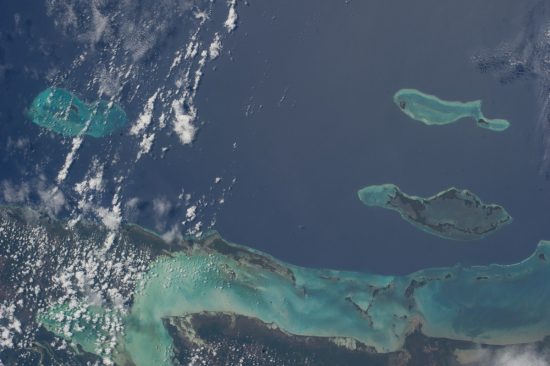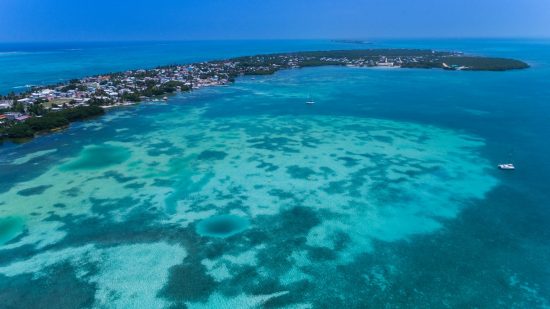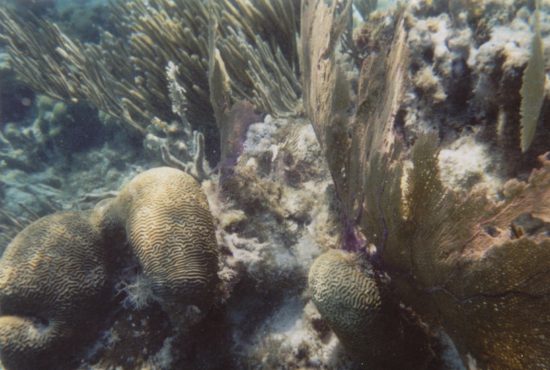




Belize begins seismic surveys at the World Natural Heritage Site of the Belize Barrier Reef
In late October 2016, Belize announced plans to conduct seismic
investigations to detect offshore oilfields in the Caribbean Sea. This
exploration, which involves using seismic airguns, will take place just
a kilometre away from the Belize Barrier Reef Reserve System, which
UNESCO has listed as a “World Heritage List in Danger”. Nevertheless,
these seismic investigation had already began on October 19th.
"An oil spill within the waters of Belize would be a catastrophe for
the coral reef – which is recognised as a World Natural Heritage Site –
and its diversity of species. Belize plays host to a unique treasure
trove of nature here,” warned WWF Germany's marine expert in German.
According to the WWF, the oil spill could even affect adjacent parts of
the Mesoamerican Reef system, which extends to Mexico, Guatamala and
Honduras.
The planned exploration work will threaten the sensitive marine life.
“The sound of the seismic testing is twice as loud as a jet taking off
at a distance of 100 metres. This tremendous noise can lead to deafness
in whales and dolphins, which are sensitive to sound, and interfere
with their communication,” said Lutter.
“It is scandalous that the planned sound tests will take place
precisely when whales and whale sharks migrate through the waters.”
The
sound of the tests can be heard over an area of more than 300,000
square kilometres and at distances of up to 4,000 square kilometres.
A year ago, Belize had committed to ban the exploration for offshore
oil production within the World Natural Heritage Site. In July, UNESCO
had asked Belize to expand the protection zone (which served as a
buffer) and better protect the reef.
T
he largest barrier reef in the northern hemisphere can be found in
Belize’s coastal waters. This is where 1,400 animal and plant species
co-exist, together with endangered sea turtles, rays, sharks and
dolphins.
According to the WWF, the people living in the coastal areas also
depend on healthy ecosystems to support their livelihood. About 190,000
people – comprising half of Belize’s population, work in the fishing or
tourism sectors. The Belize Barrier Reef forms the basis for both these
industries.
See here for more information
 Mares
Mares 25th October 2016
25th October 2016 Belize Barrier Reef
Belize Barrier Reef